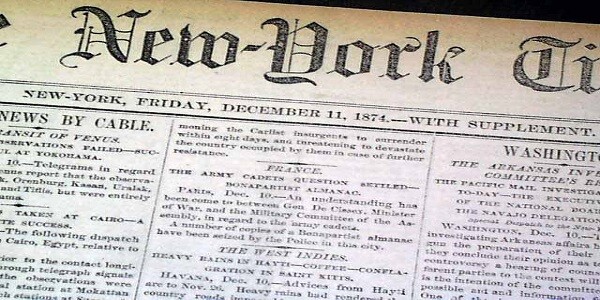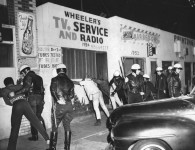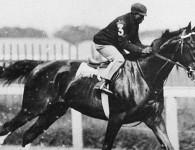Photo credits: The New York Times
On December 7, 1874, raging white mobs bombarded a large number of Black people in Vicksburg, Mississippi.
The Blacks had organized a civic assembly in support of a legitimately elected Black sheriff who was unjustly overthrown. During the Reconstruction Era, which succeeded the Emancipation and Civil War, Black Mississippians made significant race-based progress toward fairness and justice.
Prior to the enactment of the “Black Codes,” which were enforced in late 1865 to persecute and dehumanize the South’s Black population, a large number of Black men continued to vote and hold political offices.
They did so at the federal, state, and municipal levels – with federal soldiers protecting them and enforcing newly recognized civil rights for Black people.
Peter Crosby, a previously enslaved Black man, was elected as Vicksburg, Mississippi’s sheriff in the 1870s. However, soon after assuming office, he was indicted on bogus criminal charges and forcefully ousted from office by hordes of angry whites.
On December 7, 1874, a group of black individuals in Vicksburg banded together to assist Mr. Crosby — in the hopes that he reclaims his position. In retaliation, enraged white mobs brutalized and slaughtered hundreds and hundreds of Black citizens in a racially-charged terrorist attack called the “Vicksburg Massacre.”
Federal forces were dispatched to Vicksburg in the aftermath of this atrocity, and Mr. Crosby was reappointed sheriff. However, in early 1875, Sheriff Crosby recruited a white man named J.P. Gilmer as his deputy. On June 7, 1875, when Sheriff Crosby attempted to remove Mr. Gilmer from office, he shot Sheriff Crosby in the head.
Mr. Gilmer was apprehended but was never tried for the attempted assassination. Mr. Crosby lived after the headshot but never fully recovered. He was forced to complete his tenure via the assistance of a proxy white citizen. The wanton brutality and coercive techniques used by white Mississippians focused on reestablishing white dominance.
This quickly allowed forces opposed to the Reconstruction Era’s goals of racial justice to reclaim control in Mississippi.





















No comments